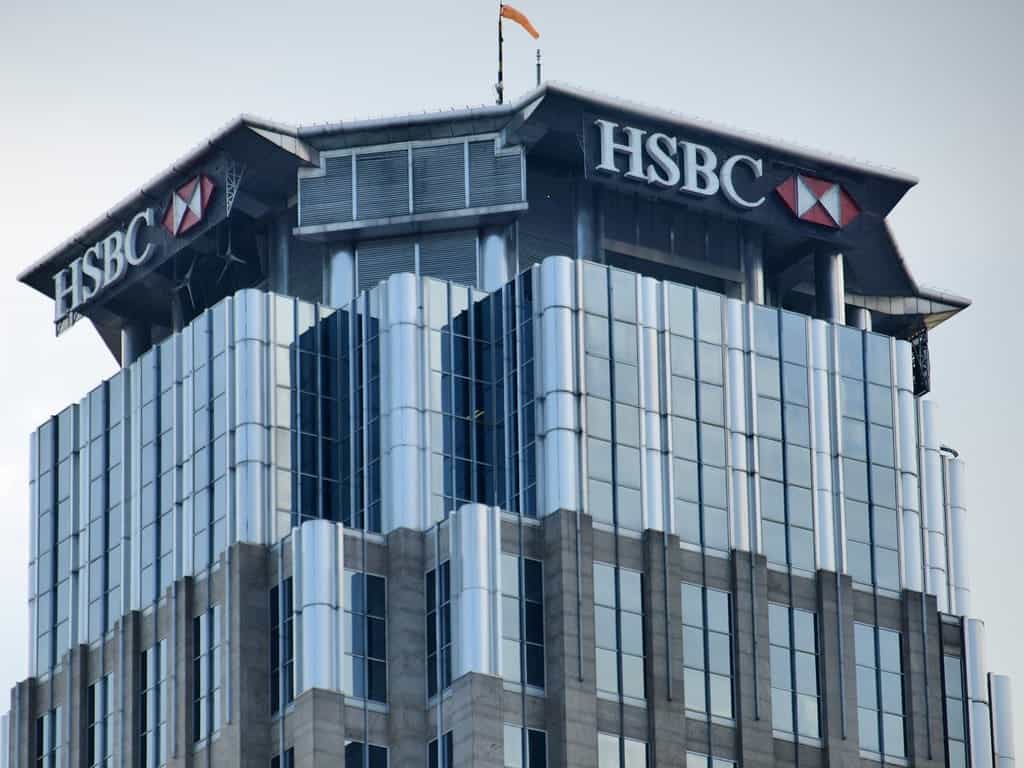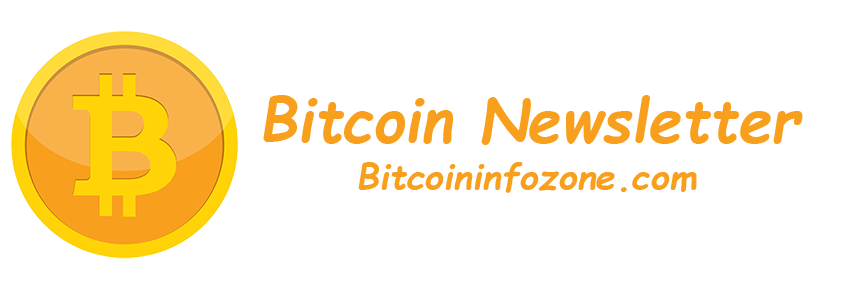Document Leak Suggests Major Banks Facilitated Transfer of $2 Trillion in Dirty Money – 10x Current Bitcoin’s Market Cap
Recently surfaced FinCEN documents revealed that some giant banks have knowingly transmitted trillions of dollars in suspicious transactions from Ponzi schemes and terrorist organizations. Names such as HSBC, Standard Chartered, Bank of America, JPMorgan Chase, and more, have been collecting significant fees while flying under the radar for years.
FinCEN Documents Reveal Big Banks’ Actions
BuzzFeed reported on September 20th about receiving thousands of documents of suspicious activity reports (known as SARs) sent from banks to the US Financial Crimes Enforcement Network (FinCEN). Banks are required to provide SARs in case of evidence of suspicious activity.
Although FinCEN sends the SARs to law enforcement agencies for further review, the entity doesn’t enforce the banks to seize operating with suspicious individuals or companies.
Nevertheless, some giant banks, including HSBC and Standard Chartered, who were already prosecuted or fined for financial misconduct, have continued to transfer money for suspected criminals.

The Corruption Within The Legitimate System
BuzzFeed’s investigations indicated that HSBC’s Hong Kong branch allowed a known Ponzi scheme dubbed WCM777 to move more than $15 million even after three states banned its operations. The total amount stolen from investors is over $80 million, according to authorities. The scam’s owner used the funds to buy two golf courses, a 7,000 Sq.Ft. mansion, and a 40-carat diamond.
Standard Chartered transferred significant amounts on behalf of a Dubai-based company accused of laundering cash for the Taliban called Al Zarooni Exchange.
Some US giants such as Bank of America, Citibank, JPMorgan Chase, and American Express “collectively processed millions of dollars in transactions for the family of Viktor Khrapunov.”
Khrapunov is the former mayor of Kazakhstan’s most populated city who fled the country after Interpol issued a Red Notice for his arrest. Later on, Khrapunov was convicted in absentia on charges, including bribe-taking and defrauding the city through public property sales.
“The FinCEN Files expose an underlying truth of the modern era: the networks through which dirty money traverse the world have become vital arteries of the global economy. They enable a shadow financial system so wide-ranging and unchecked that it has become inextricable from the so-called legitimate economy. Banks with household names have helped to make it so.” – concluded BuzzFeed.
Former suspicious transactions investigator Martin Woods said that “some of these people in those crisp white shirts in their sharp suits are feeding off the tragedy of people dying all over the world.”
The leaked SAR documents have been submitted to FinCEN between 2000 and 2017 and cover transactions worth about $2 trillion.
Where’s Bitcoin’s Place?
Ever since Bitcoin began gaining traction a few years ago, people outside of the cryptocurrency field have often criticized the asset claiming that it enables criminals to transfer funds anonymously. Those individuals argue that the unregulated nature of cryptocurrency is to blame.
Interestingly, FinCEN Director Kenneth Blanco urged the US to enforce strict regulations on digital asset usage to minimize the adverse impact.
However, numerous reports compiled on the matter have indicated that Bitcoin is not as frequently employed for illicit transactions as most people tend to believe. In fact, this one showed that only 0.5% of all BTC transactions are linked to illegal activities.
The leaked FinCEN documents could further reaffirm the narrative that fiat currencies are still way more utilized for illicit transactions.
Click here to start trading on BitMEX and receive 10% discount on fees for 6 months.
